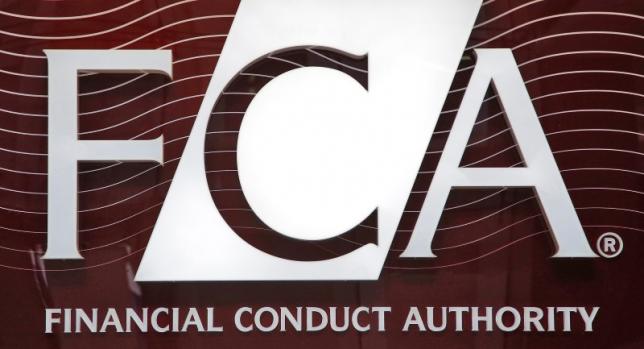'Don't punish us' plead UK's fledgling banks as new rules bite

LONDON - Tougher rules aimed at holding top UK bankers to account when things go wrong are driving up pay, which smaller "challenger" banks say is making it harder to recruit senior staff.
Executives at several such banks told Reuters the Senior Managers Regime (SMR), which came into force this month, is hurting those with no history of wrong-doing more than bigger rivals, who were the ones the rules were aimed at.
Public outrage over the financial crisis and subsequent scandals prompted the SMR, allowing regulators to pin the blame for excessive risk-taking and reckless expansion on individuals.This marks a step change for British banking, where political scrutiny and tough new regulations had already made it hard to find people to take on some of the most senior jobs.
"While the SMR could potentially improve accountability and transparency, it raises that barrier further," Rishi Khosla, Chief Executive of OakNorth Bank, said.
The challengers say a one-size fits all approach to regulation is stifling their efforts to grab market share from big fish such as HSBC, Lloyds Banking Group, Barclays and Royal Bank of Scotland.
This now appears to be at odds with the aim of Chancellor George Osborne and other politicians of boosting retail banking competition by encouraging new players.
HSBC, Lloyds, Barclays declined to comment, while RBS and the Financial Conduct Authority, which designed the regulation, did not immediately respond to requests for comment.
While rising pay impacts all banks, the problem is particularly acute for the minnows trying to recruit Non-Executive Directors (NEDs) who see increased risk from joining new banks with no track record and are demanding more pay.
"(They) are having to pay more to attract NEDs to their boards due to the competition with the larger banks for the limited pool of NEDs with relevant experience and willingness to join a bank's board," said Paul Lynam, Chief Executive of challenger Secure Trust Bank.
Barclays and HSBC, which reported billions of pounds in profits last year, paid NEDs an average of 211,857 pounds and 229,933 pounds respectively, while Shawbrook Group posted underlying pretax profit of 80 million pounds and paid them a base fee of 65,000 pounds.
PERSONAL RISKS
The challenger banks are also harder hit by the fixed costs of complying with the new regime, the executives said.
Shawbrook needed six months to prepare the papers to comply with the SMR, its chief executive Steve Pateman told Reuters.
"The cost to the organisation was huge, both relative to our size and relative to the damage or harm that we could do to the economy if we got it wrong," he said.
The rules are also impacting middle-managers, with some now preferring to keep a low profile in order to avoid being singled out in the event of another banking scandal.
Some are concerned about gaining promotion at smaller banks with a shorter path to the top, according to PWC risk and regulatory partner Sarah Isted. This leads some to seek roles in bigger banks, enabling them to advance without taking on a more regulated status.
At the same time the SMR has clarified responsibilities, Chris Box, human resources partner at PWC said, adding that people wanting to join an institution perceived to have a cleaner culture are more likely to work for a challenger.
It is not just the SMR which fledgling lenders say is stunting their growth. They already face sharp rises in tax after Osborne introduced a profit surcharge because of the risk they pose to the economy, a policy approved by Britain's top competition watchdog last month.
Osborne hinted at more proportionate regulation of smaller lenders in his budget last week, including possible changes to capital requirements, but said nothing on executive supervision. "It seems slightly arbitrary to punish the challengers when, in most instances, their existence postdates the credit crunch and they're far too small to pose any broader systemic risk," Jamie Clark, a fund manager for Liontrust, said. -Reuters







